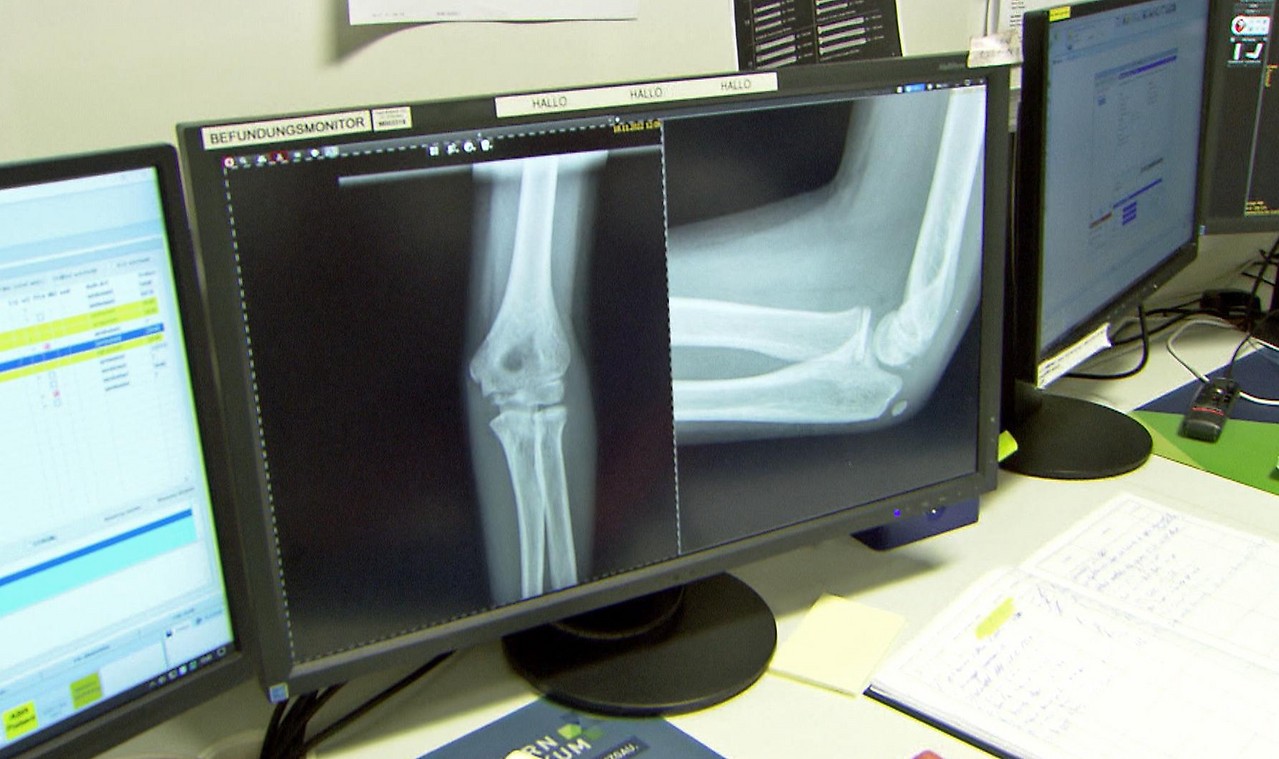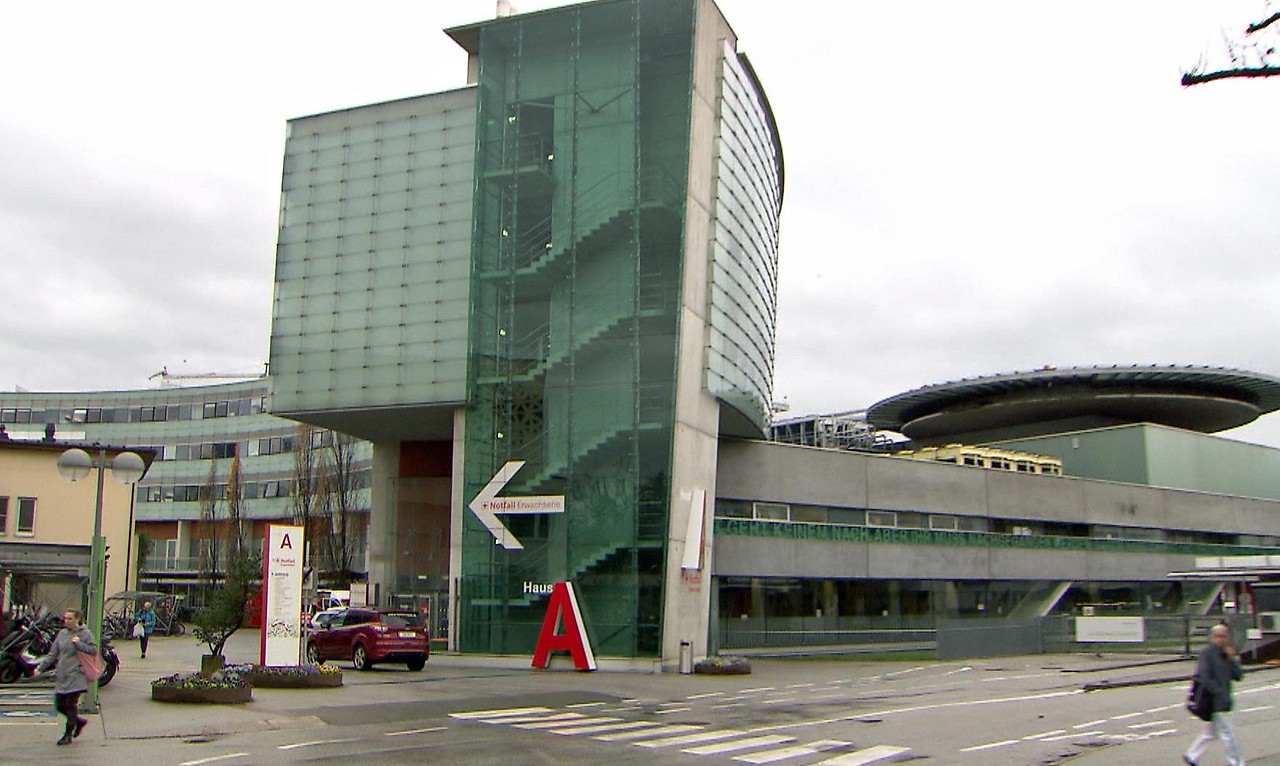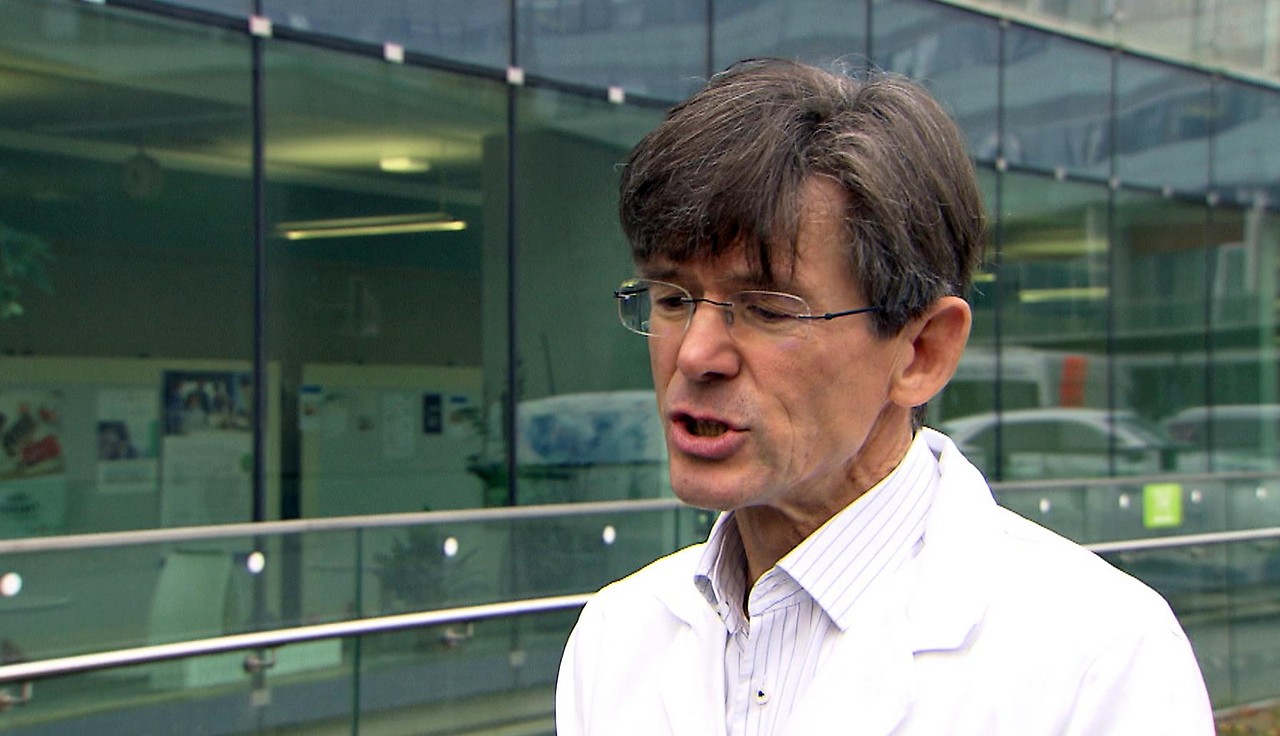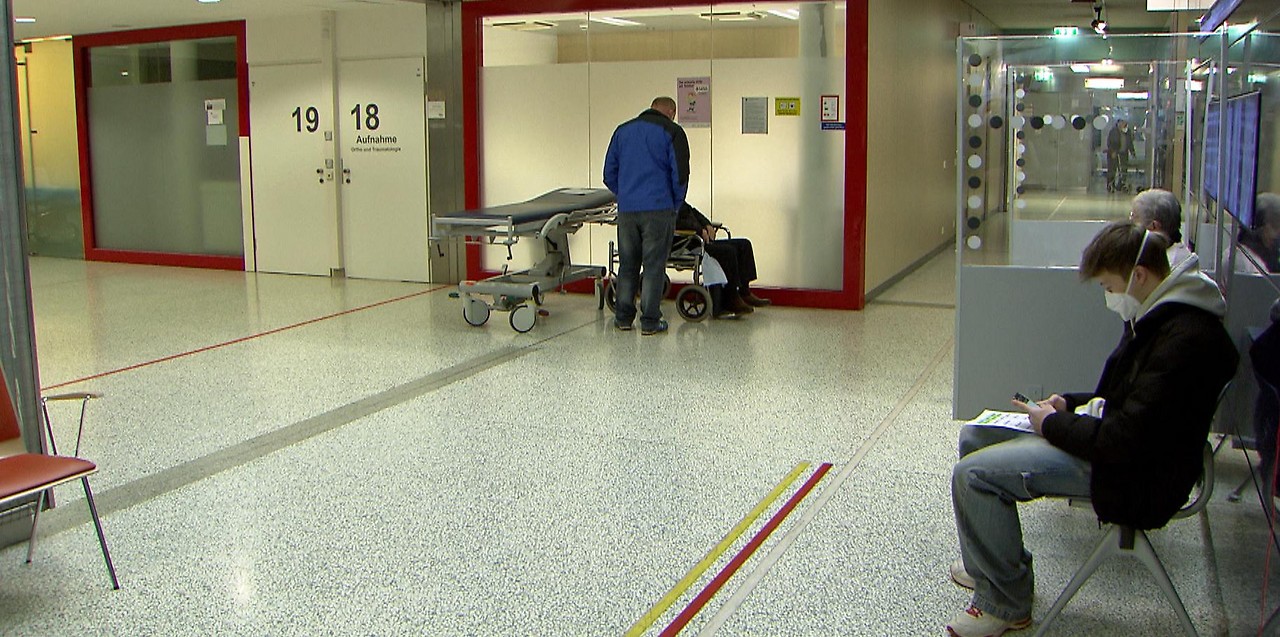The shortage of doctors in hospitals is getting worse
Writing the duty roster has now become a real challenge at the Tauern Clinic. As in almost all other hospitals, Zell am See also lacks doctors, says medical director Rudolph Pointner. “We have a shortage, no question. And I think this deficiency is even more mature in the periphery than in the central area.”
The hospital currently has ten doctors too few. This is doubly problematic, especially in view of the winter season and the many ski accidents that will probably happen again this year, complains hospital manager Pointner.
“Operation only possible thanks to committed employees”
“We are already planning the winter season in the summer. We are planning how we can relieve our employees so that they can survive the winter season. So we try, for example, to give them more time off in the fall so that they can work off overtime. Of course, that’s not possible in winter, because we urgently need everyone there,” says Pointner.

The medical director adds that this is only possible with dozens of hours of overtime and committed employees who are willing to do so. With the Working Hours Act, one quickly finds oneself permanently in conflict. But the patients in the Tauern Clinic could no longer be cared for in any other way, emphasizes Pointner.
University hospital: 140 beds not occupied due to lack of staff
Even in the Salzburg University Hospital, the largest hospital in the country, you can somehow make ends meet. After all, there is currently a shortage of around 50 doctors in the Christian Doppler Clinic and in the state hospital. 140 beds can therefore not be occupied, confirms the interim medical director of the university hospital, Christian Pirich.

“This is not critical for the individual patient, because the best possible care is always provided. But in the large width it is simply difficult to provide the care. We have to face this challenge every day, and that won’t change in the near future,” says Pirich.
Retired baby boomers, doctors also in demand abroad
This is partly due to the fact that the baby boomers are now gradually retiring and Austrian doctors are also in great demand abroad. “Mobility is increasing, which can also lead to an increased outflow to neighboring countries if the working conditions are not attractive,” admits Pirich.

However, there is no need to worry about the security of medical supplies at the moment, assures Markus Pitterka, chairman of the works council at the state hospital.
“It’s still possible – but the question is for how long”
“It’s still possible, but the question is for how long. I don’t have a crystal ball to look into. But you have to say clearly that we have our backs to the wall in healthcare,” says Pitterka.

Nobody knows where all this will lead to – Pitterka adds that restrictions may have to be imposed. “I hope that politicians will one day be so honest and say in no uncertain terms that, for example, we can no longer cover services or can only cover them in individual cases because the standard simply no longer allows it.”
“But acute care is always guaranteed”
Acute care is always guaranteed, according to all hospitals – even if, according to insiders, far more beds cannot be occupied than the statistics show.
The shortage of doctors in hospitals is getting worse
The shortage of doctors hits the Innergebirg hospitals particularly hard in winter. The Tauernklinikum Zell am See, for example, lacks a good ten doctors.




